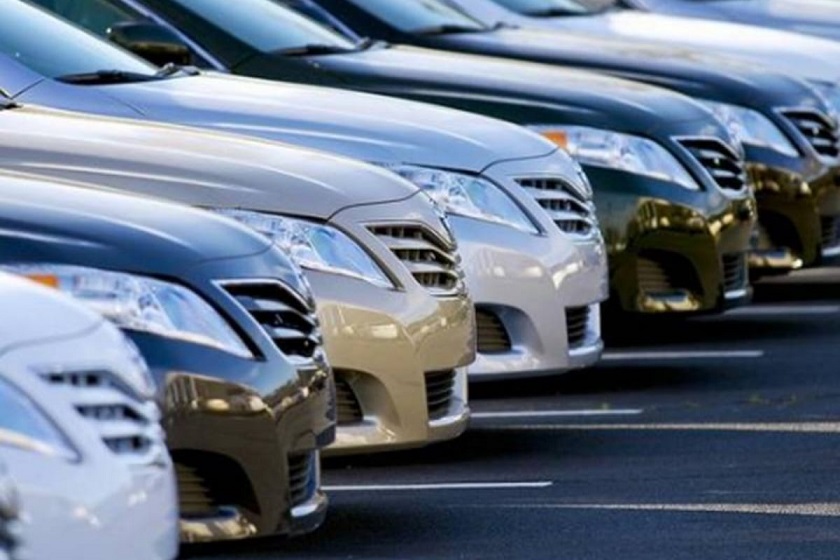Likely to Lower Car Prices in Pakistan

Likely to Lower Car Prices in Pakistan
Prime Minister Shehbaz Sharif’s landmark decision to gradually reduce import duties marks a significant shift in Pakistan’s economic and industrial policy. While the initiative aims to boost exports and attract foreign investment, one of the most direct and immediate beneficiaries of this policy is expected to be the automobile industry—and by extension, the car buyers of Pakistan.
How Tariff Reduction Will Lower Car Prices
The auto industry in Pakistan has long suffered from high import duties and complex tariff structures, making both new and used cars — particularly imported ones — expensive for the average consumer. Currently, cars and their components are subject to:
- Customs Duty (can exceed 100% for some fully built units),
- Regulatory Duty (ranging from 15% to 90%),
- Additional Customs Duty, and
- Various sales and income taxes.
By eliminating Additional Customs Duty (ACD) and Regulatory Duty (RD) over the next 4–5 years and capping maximum Customs Duty at 15%, the cost of importing both fully built units (CBUs) and parts (CKDs) will drastically come down.
Expected Impact on Car Prices
- Imported Cars (CBUs):
- With duty rates decreasing significantly, the price of these vehicles could drop by 15% to 30% depending on the model and original duty bracket.
- Locally Assembled Vehicles (CKDs):
- Assemblers rely heavily on imported kits and parts.
- Lower duties on raw materials and intermediate goods will reduce production costs.
- These savings will likely be passed on to consumers, reducing prices or at least preventing frequent price hikes.
- Electric and Hybrid Vehicles:
- This segment is expected to benefit even more, as governments worldwide (including Pakistan) already offer incentives.
- Lower import duties will make EVs and hybrids cars more affordable, accelerating the shift toward sustainable mobility.
- Used Car Imports:
- The grey market for used Japanese cars may become more competitive as regulatory costs go down, giving consumers more options at lower prices.
Broader Economic Benefits
- Increased Competition: With reduced duties, global automakers might see Pakistan as a more viable market, leading to greater competition and better value for consumers.
- Investment in Local Manufacturing: Cheaper access to machinery and components will encourage foreign and domestic investment in assembly plants and parts manufacturing.
- Job Creation: Expansion in the auto sector will lead to more employment opportunities, especially for youth with technical education.
- Consumer Confidence: If car prices stabilize or decline, consumer confidence and spending in the auto sector may rebound, boosting overall economic activity.
Challenges to Watch
- Implementation Pace: The full impact depends on how quickly and effectively the new tariff structure is implemented.
- Exchange Rates & Inflation: Despite lower duties, currency devaluation or inflation could offset some of the benefits.
- Policy Continuity: Investors and industry stakeholders will be looking for long-term consistency in government policies to plan their pricing strategies.
Prime Minister Shehbaz Sharif’s bold tariff reforms have opened the door for structural improvement in Pakistan’s auto sector. If implemented efficiently and accompanied by broader economic stability, car prices in Pakistan are likely to fall, offering much-needed relief to consumers and a boost to industrial development.
For the average Pakistani, this policy could soon mean more affordable car ownership, greater choice, and better technology on the roads.
car prices in Pakistan
import duty reduction
lower customs duty cars
electric vehicles Pakistan
used Japanese cars Pakistan
automotive investment Pakistan
car price in pakistan 2025
« PREV POST
Toyota Officially Unveils 2026 C-HR Electric SUV
Toyota Officially Unveils 2026 C-HR Electric SUV
Related Auto News Updates
Latest Discussions
Comments

















Add a Comment "Likely to Lower Car Prices in Pakistan"